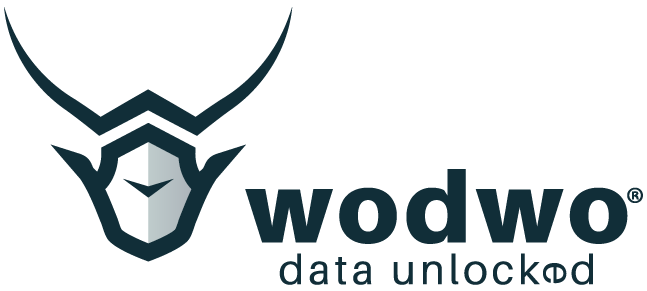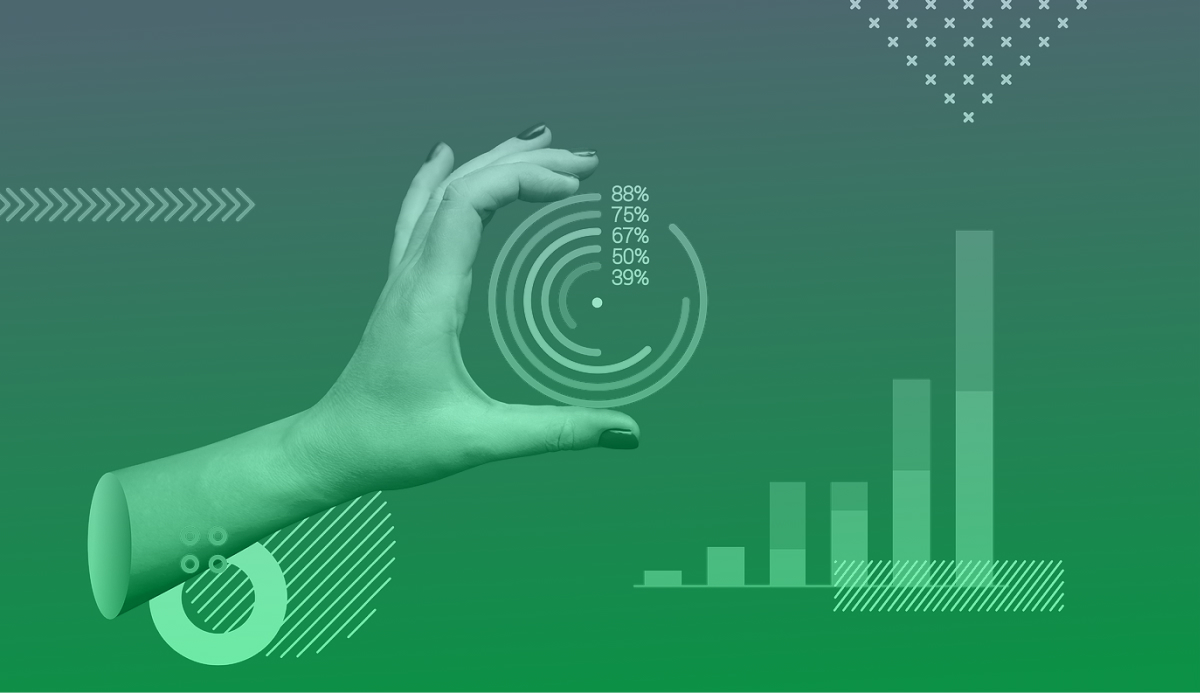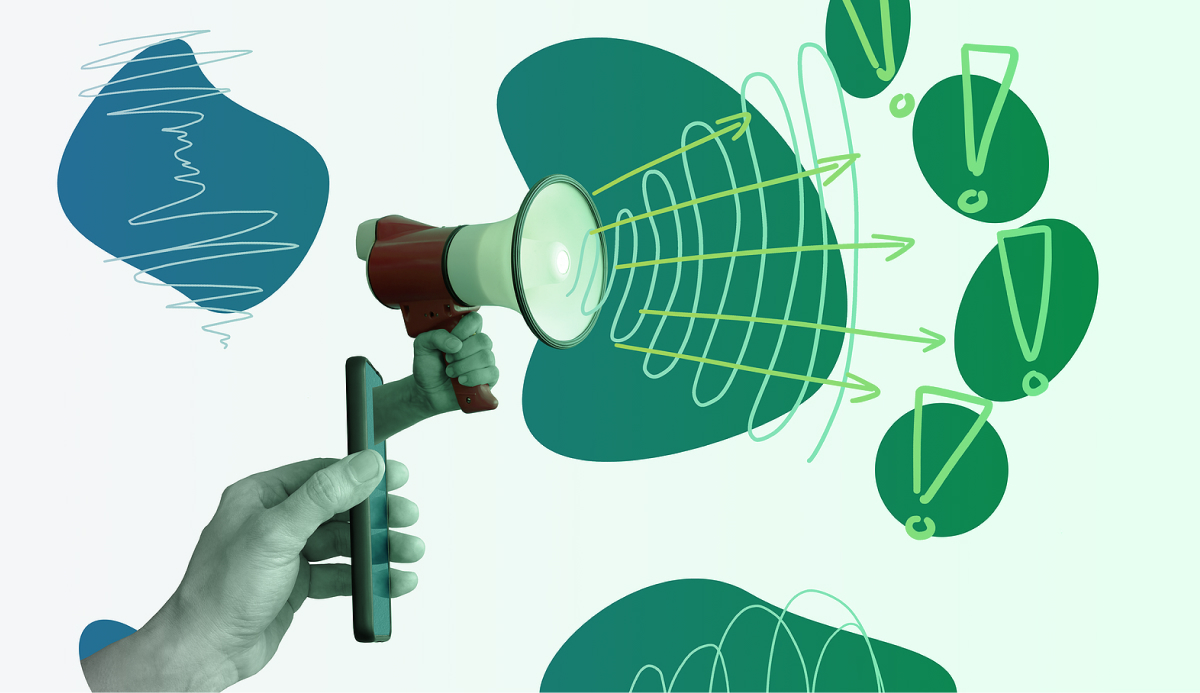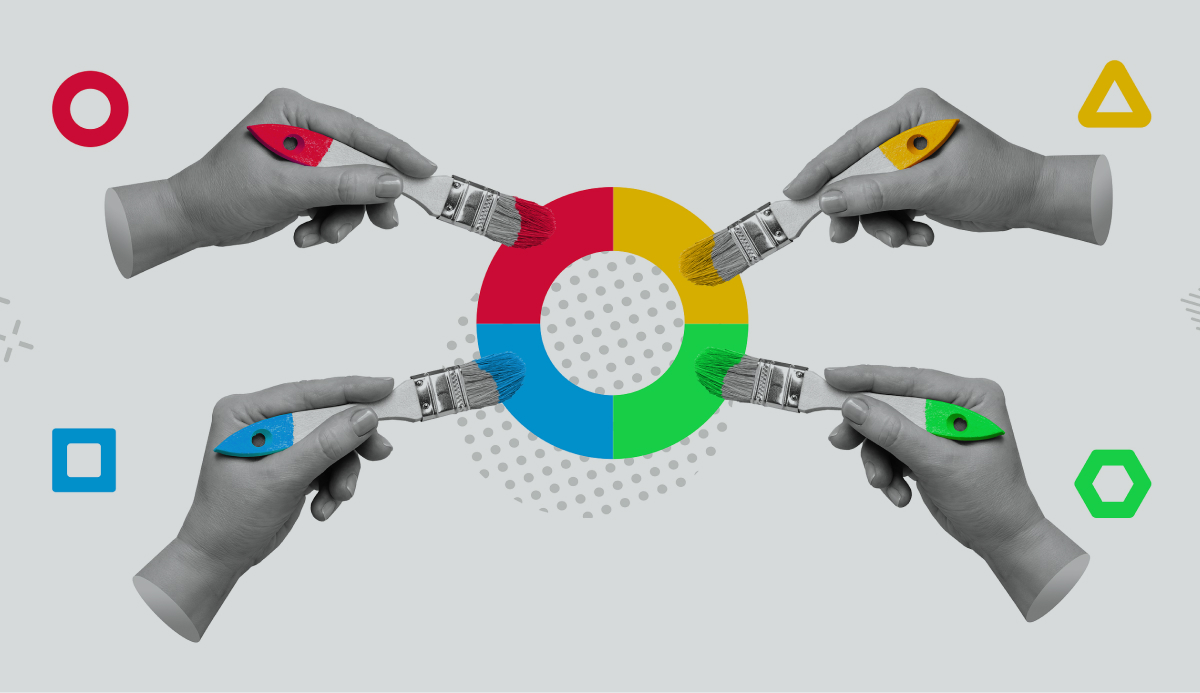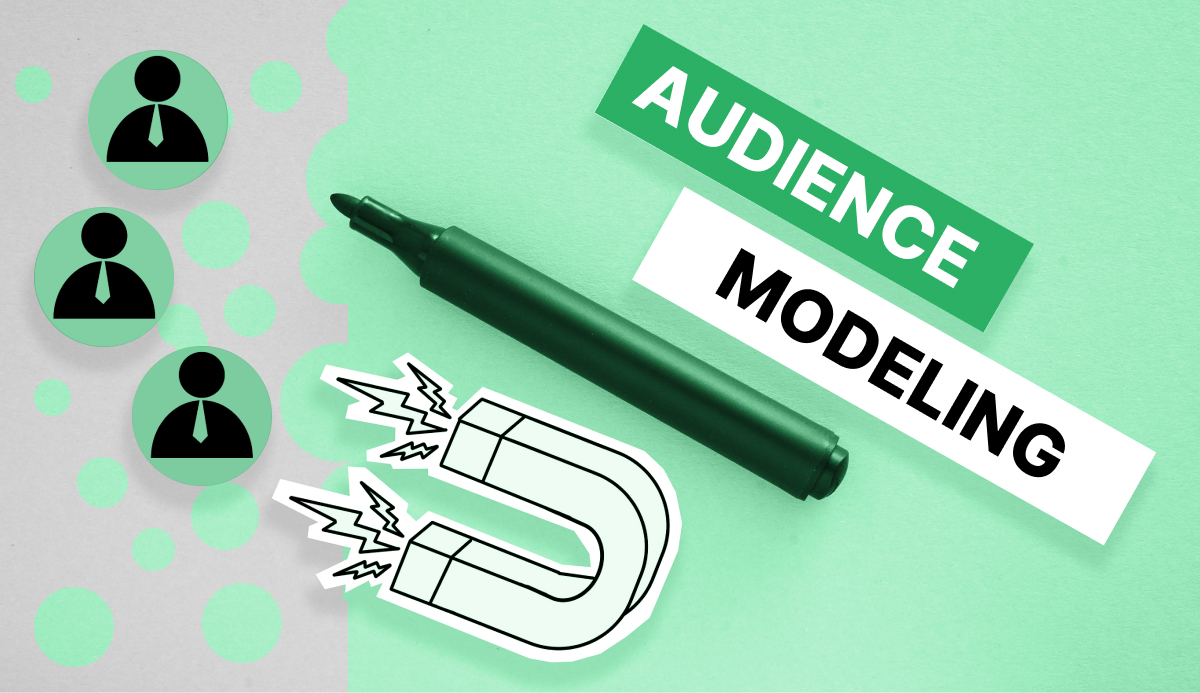
Have you ever connected with someone that you just met on such a deep level that it felt like you had known each other for years? It was like everything they were thinking aligned perfectly with your thoughts and ideas. That’s the power of personalized marketing. When you get it right, your customers will believe it was magical and meant to be that your marketing message came to them when it did. You’ll notice an uptick in conversions and sales, and client satisfaction will go through the roof. If that sounds good to you, let’s keep going so you can learn all about how to boost your conversions with personalized marketing the right way.
What is Personalized Marketing?
Personalized marketing is a strategy that involves tailoring marketing efforts to individual customers based on their preferences, behaviors, and characteristics. It goes beyond mass marketing by delivering personalized experiences that resonate with customers on a deeper level.
Using personalized marketing has a significant impact on customer engagement, as it enables businesses to deliver relevant content, recommendations, and offers that align with customers' specific needs and interests. By providing personalized experiences, businesses can enhance customer satisfaction and foster loyalty, as customers feel understood and valued by the brand.
Product or content recommendations based on individual preferences
There are various types of personalization that businesses can employ. One common approach is providing product or content recommendations based on individual preferences. By analyzing customer data, businesses can understand customers' preferences and suggest products or content that are highly relevant to their interests. This not only enhances the customer experience but also increases the likelihood of conversion and repeat purchases.
Personalized email marketing and targeted messaging
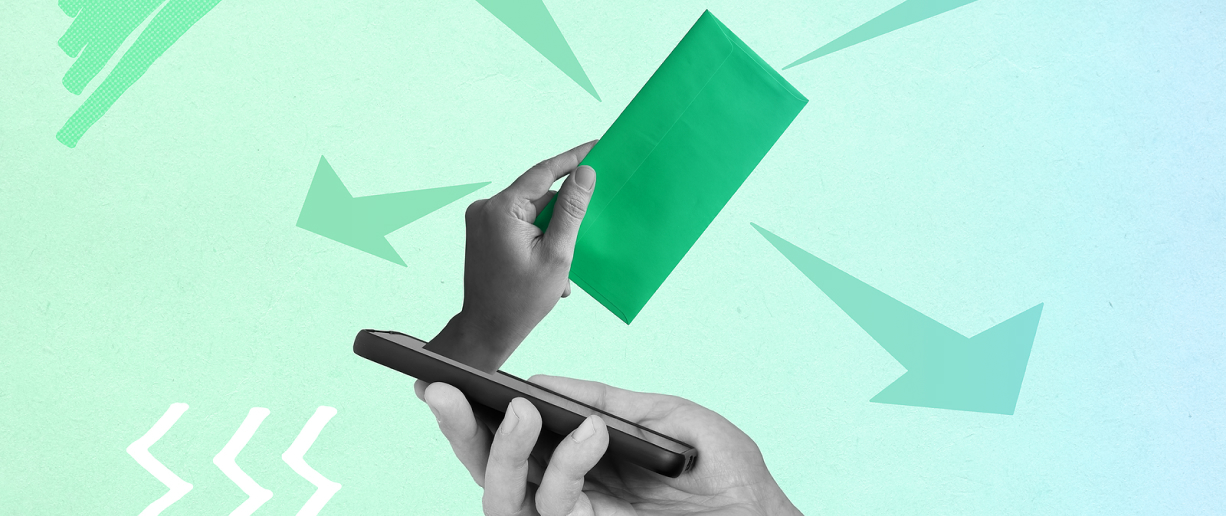
Personalized email marketing and targeted messaging are also effective forms of personalization. By segmenting customers based on their demographics, behaviors, or preferences, businesses can deliver tailored messages that resonate with specific customer segments. This allows for more effective communication, higher open and click-through rates, and ultimately, increased conversions.
Data and Insights for Personalization
To implement personalized marketing effectively, businesses need to collect and analyze customer data. This data can be gathered from various sources, such as website interactions, purchase history, and social media engagement.
Once the data is analyzed, you’ll find it provides valuable insights into customers' preferences, behaviors, and needs, allowing businesses to deliver personalized experiences. However, it is essential to prioritize data privacy and adhere to ethical considerations. Respecting customer privacy and securing their data builds trust and ensures compliance with regulations, fostering a positive customer relationship.
Leverage Customer Data for Better Personalization
There are three key aspects to leveraging customer data to improve your personalized marketing efforts:
- Data Collection and Segmentation
- Customer Journey Mapping, and
- Utilizing Personalization Tools and Technologies.
Data Collection and Segmentation
The process begins with data collection, which involves gathering information from various sources such as website interactions, social media engagement, and purchase history. This data provides valuable insights into customers' preferences, behaviors, and needs. Once collected, businesses can segment customers based on demographics, behaviors, or preferences to create distinct groups. With the help of AI-powered platforms like Wodwo, segmentation can be done efficiently - in a matter of minutes.
Customer Journey Mapping
Customer journey mapping is another key aspect of utilizing customer data for personalization. By understanding the customer journey and identifying touchpoints, businesses can pinpoint opportunities to deliver personalized interactions. Whether it's a customized email at a specific stage or a personalized recommendation during the browsing process, these personalized interactions enhance the overall customer experience and increase the likelihood of conversion.
Personalization Tools and Technologies
To effectively manage and implement personalization at scale, businesses can leverage various tools and technologies. Customer relationship management (CRM) systems provide a centralized hub for storing and organizing customer data. These systems enable businesses to track customer interactions, preferences, and purchase history in a structured manner, facilitating personalized communication and engagement. Additionally, marketing automation platforms play a crucial role in executing personalized campaigns. They allow businesses to automate and streamline personalized messaging across various channels, ensuring consistent and targeted communication with customers.
Implementing Personalized Content and Offers
Just a few of the elements you can use to implement personalized content and offers include, but aren’t limited to:
- Tailored Website Experiences
- Customized Email Marketing, and
- Personalized Advertising.
Tailored Website Experiences
Implementing personalized content and offers is a key aspect of leveraging customer data to deliver tailored experiences. One effective way to achieve this is by creating tailored website experiences. This can be achieved through dynamic content and personalized landing pages. Dynamically adapting the content displayed on a website based on a visitor's preferences or behavior gives businesses the ability to create a more engaging and relevant experience. Additionally, personalized recommendations and product suggestions based on a customer's browsing or purchase history can help guide them towards products or content that align with their interests, increasing the likelihood of conversion.
Customized Email Marketing
Customized email marketing is another powerful tool for personalization. Through segmenting email lists based on various criteria such as demographics, behaviors, or preferences, businesses can send targeted messages to specific customer segments. This ensures that the content of the email is highly relevant to the recipient, increasing open and click-through rates. Moreover, dynamic email content can be utilized to personalize the email based on customer preferences or behaviors. This can include dynamically showcasing recommended products or personalized offers, further enhancing the customer's engagement with the email.
Personalized Advertising

Personalized advertising is an effective way to reach customers with tailored messages. By leveraging customer interests and browsing history, businesses can deliver targeted ads that align with their preferences and needs. This increases the relevance and effectiveness of the ads, leading to higher engagement and conversion rates. Additionally, retargeting campaigns can be employed to engage customers who have shown interest in a product or service but have not yet converted. When you re-engage these prospects through personalized ads or offers, you can increase the likelihood of conversion.
Leveraging Personalization in eCommerce
So many businesses can benefit from personalized marketing. The world of eCommerce is no exception. Through product recommendations and cross-selling, abandoned cart recovery efforts, and loyalty programs and rewards, it’s easier to make more sales and boost revenues. What does this look like in practice? Let’s break it down.
Product Recommendations and Cross-Selling
By using personalized recommendations based on a customer's browsing or purchase history, businesses can suggest additional products that align with their preferences. For example, a customer that recently purchased a set of kitchen knives might be interested in sharpening tools, cutting boards, and other kitchenware. Offering personalized product recommendations not only gives a boost to the customer experience, but also increases the likelihood of additional purchases.
Cross-selling and upselling techniques can also be employed based on customer preferences, offering complementary or upgraded products to maximize customer value. For example, a customer that added a roll of backdrop paper from a photography shop might not know that they can get a second one for a percentage off. Simply upselling them on their current items in their cart could generate a larger purchase.
Using the photography eCommerce shop example, a cross-selling opportunity might look like this: After they add a camera to their cart, they receive a pop-up for complementary items such as camera lenses, a camera bag, a tripod, or memory cards. These additional products are relevant to the customer's initial purchase and provide value by enhancing their photography experience.
Abandoned Cart Recovery
Abandoned cart recovery is another area where personalization can be effective. By sending personalized reminders and offers to customers who have left items in their cart without completing the purchase, businesses can encourage them to return and complete their transaction. Personalized reminders can include discounts, limited-time offers, or tailored messaging to address any concerns the customer may have had. These personalized efforts help re-engage customers and increase the chances of converting abandoned carts into successful purchases.
Loyalty Programs and Rewards
Loyalty programs and rewards can also be personalized to enhance customer engagement and loyalty. By implementing personalized loyalty programs, businesses can offer incentives and rewards that are tailored to each customer's preferences and behaviors. This can include exclusive discounts, personalized offers, or special rewards based on their individual shopping habits. By acknowledging and rewarding customers based on their unique preferences and behaviors, businesses can foster a sense of loyalty and create a personalized connection between the brand and the customer.
Measuring and Optimizing Personalization Efforts
Measuring and optimizing personalization efforts is crucial in order to ensure the effectiveness of personalized marketing strategies. Two things you should do to measure your efforts include establishing KPIs to track, and implementing A/B testing and experimentation.
Establish Key Performance Indicators (KPIs) to Track
KPIs play a vital role in tracking and evaluating the impact of personalization. Metrics such as conversion rates, click-through rates, and customer engagement metrics provide insights into the effectiveness of personalized marketing campaigns. Monitoring these metrics helps businesses assess the success of their personalization efforts and identify areas for improvement.
Implement A/B Testing and Experimentation
A/B testing and experimentation are valuable techniques for optimizing personalization strategies. By conducting A/B tests, businesses can compare different personalization approaches and measure their impact on customer behavior and conversion rates. This allows for data-driven decision-making and helps identify the most effective personalization techniques. Through iterative testing and optimization, businesses can continuously improve their personalization efforts based on the insights gained from these experiments.
Personalized Marketing is Like a Golden Ticket to More Revenue
Personalized marketing has proven to be a powerful tool in boosting conversions and enhancing customer experiences. Thanks to tailoring your marketing efforts to individual customers, your sales teams can deliver relevant content, recommendations, and offers that resonate with their preferences and needs. The benefits of personalized marketing include, but aren’t limited to:
- Increased customer loyalty
- Higher conversion rates
- Improved customer satisfaction, and
- A competitive edge in the market.
Looking ahead, the future of personalized marketing holds great promise. As technology continues to advance, businesses will demand access to more sophisticated tools and techniques for personalization. AI-powered platforms like Wodwo enable businesses just like yours to collect, analyze, and leverage customer data in minutes, driving more effective personalization efforts. The impact of personalized marketing on customer experiences will only grow stronger, as customers increasingly expect tailored interactions and personalized experiences from the brands they engage with.
Beat your competitors to the punch, and gain the edge with personalized marketing. Embracing personalized marketing with Wodwo is the golden ticket you’ve been looking for to stay ahead. With us you can deliver exceptional customer experiences that drive conversions and foster lasting customer relationships. Sign up for Wodwo and see what we can do for you today.
